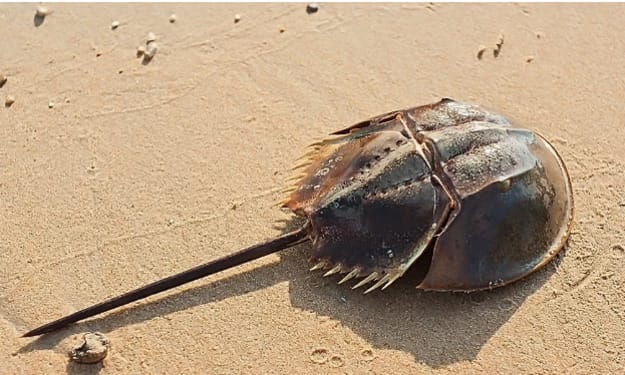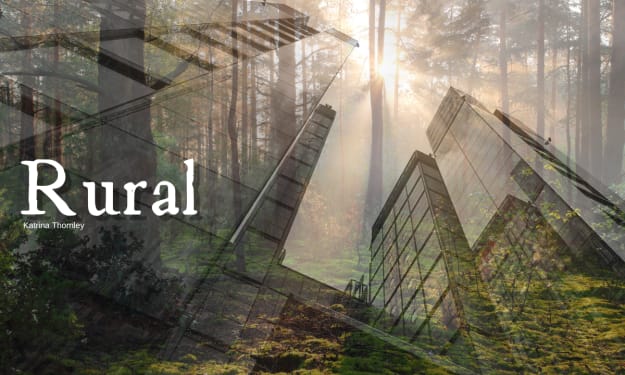What are the dangers of volcanic eruptions? And what is the Year Without Summer?
What are the dangers of volcanic eruptions

The news of the volcanic eruption in Tonga has been on my radar for the past two days, closely followed. It is, after all, a catastrophe that will affect us for the rest of our lives. Every time a catastrophe of this magnitude happens, I feel deeply the insignificance and arrogance of human beings who think they have conquered nature but are unable to avert it. But often when faced with a catastrophe, we can see the difference between humans and other animals, and that is cooperation. The spirit of support from all sides in times of trouble is one of our very important human qualities.
The power of this volcanic eruption in the Kingdom of Tonga has been proven to be the equivalent of a thousand nuclear bombs going off. This figure may not be so visual. Just mention one phenomenon to get a feel for it. Tonga is located in the South Pacific Ocean, 10,570 kilometres in a straight line from China. the tsunami waves generated after the volcanic eruption on 15 January were monitored in the early hours of the 16th in the coastal waters of China, with the maximum tsunami wave amplitude of 20 centimetres monitored at the Shipu station in Zhejiang Province, and an average of 15 centimetres for the others. Such a long wave all the way, consuming energy all the way, the wave height of a dozen centimeters to reach our country, enough to illustrate the power of this volcano.
So what kind of hazards does a volcanic eruption bring? Next, let's talk about it.
Firstly, there is the tsunami. Whenever there is a volcanic eruption at the bottom of the sea, a tsunami is bound to be generated. The force of the eruption pushes the water around. The more powerful the eruption, the higher the tsunami will be. In the course of a tsunami, although the energy slowly decays, everything along the way will take the impact of the energy and destroy all sorts of things. A person who is hit by a tsunami has little chance of surviving. Even if he is not injured by the impact, he will be submerged.
The damage caused by a tsunami lies mainly in the immediate environment of the volcano (which increases in extent as the power of the eruption increases). The damage and impact is generally one-off and the latency is not long. However, volcanic eruptions are more harmful to the environment than tsunamis.
Volcanoes spew out magma and volcanic debris, volcanic gases, etc. Generally magma does not flow very far and can reach temperatures of 900 to 1400. almost no plant or animal life in nature can resist such high temperatures, so everywhere the magma hits, it is hit by the heat and nothing grows. Volcanic gases are gases such as water vapour, sulphur dioxide and nitrogen. Sulphur dioxide causes acid rain, which erodes buildings, plants and animals, and also pollutes water sources.
Volcanic debris is solid material that is ejected into the air and can be classified by size as volcanic bombs, volcanic dust and volcanic ash. Volcanic bombs are like cannonballs, but they don't usually shoot very far. But volcanic ash is not the same as volcanic ash. It is lighter and may float in the air with the air and will travel great distances. Volcanic ash can be inhaled into the lungs, causing respiratory illnesses, asthma, heart disease and more. In the worst cases, the ash cannot disperse, blocking the sky and sunlight, resulting in a year without summer.
A year without summer occurred in 1816, when the volcano Tambora in Indonesia erupted in 1815, the largest volcanic eruption in human history. The total volume of ash ejected was up to 150 cubic kilometres and reached the stratosphere by up to 44 kilometres. Finally in 1816, the average temperature in the northern hemisphere dropped and even snow appeared in the summer.
It is clear that volcanic eruptions are not only extremely harmful to humans, but also to the environment. A volcanic eruption is always a natural disaster and we cannot avoid it, but we can work together to get through it. In the face of disaster, humans are no longer insignificant if they are united!
About the Creator
Enjoyed the story? Support the Creator.
Subscribe for free to receive all their stories in your feed. You could also pledge your support or give them a one-off tip, letting them know you appreciate their work.






Comments
There are no comments for this story
Be the first to respond and start the conversation.